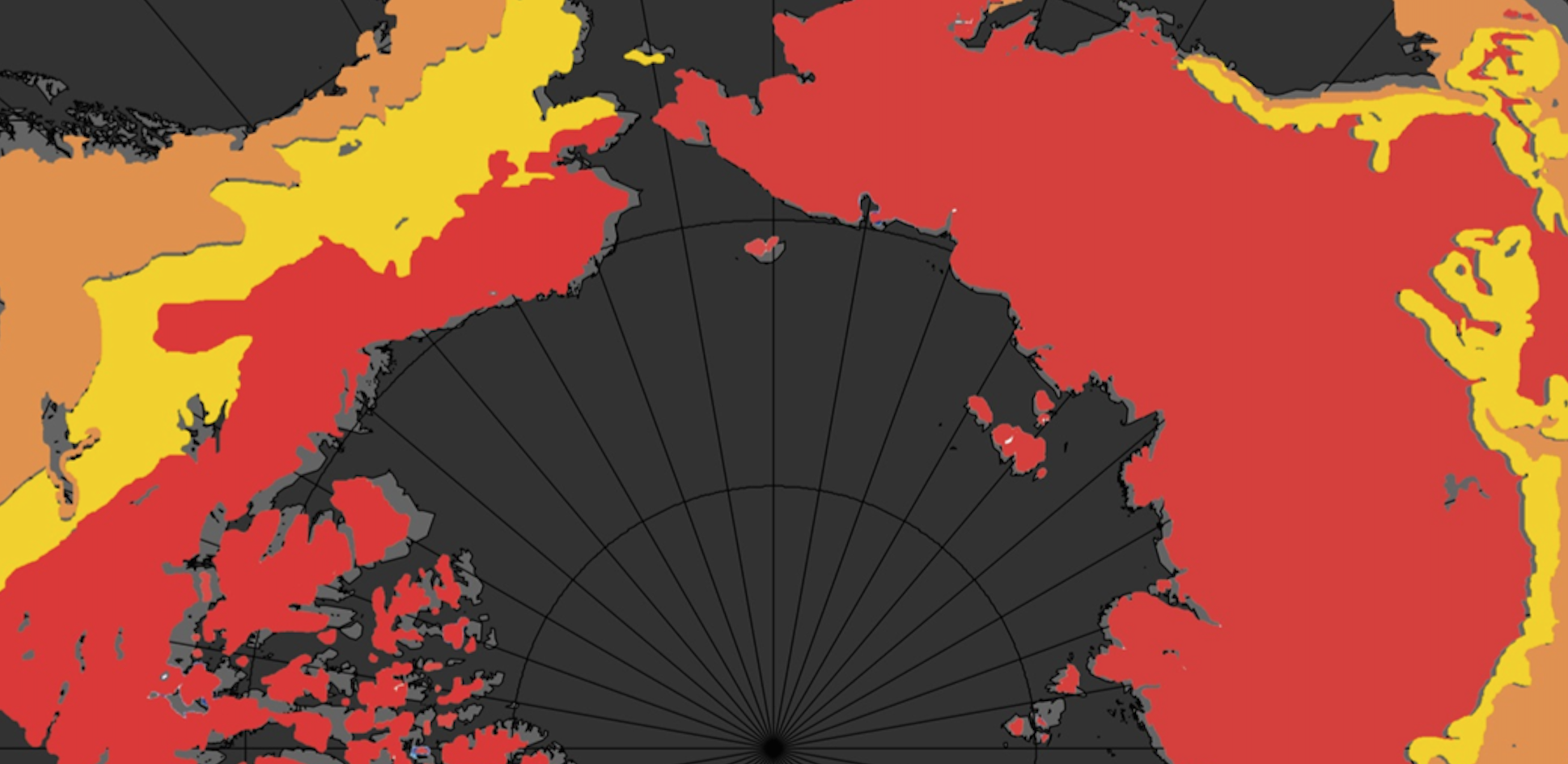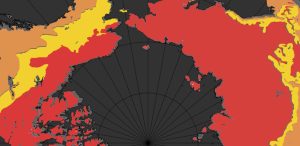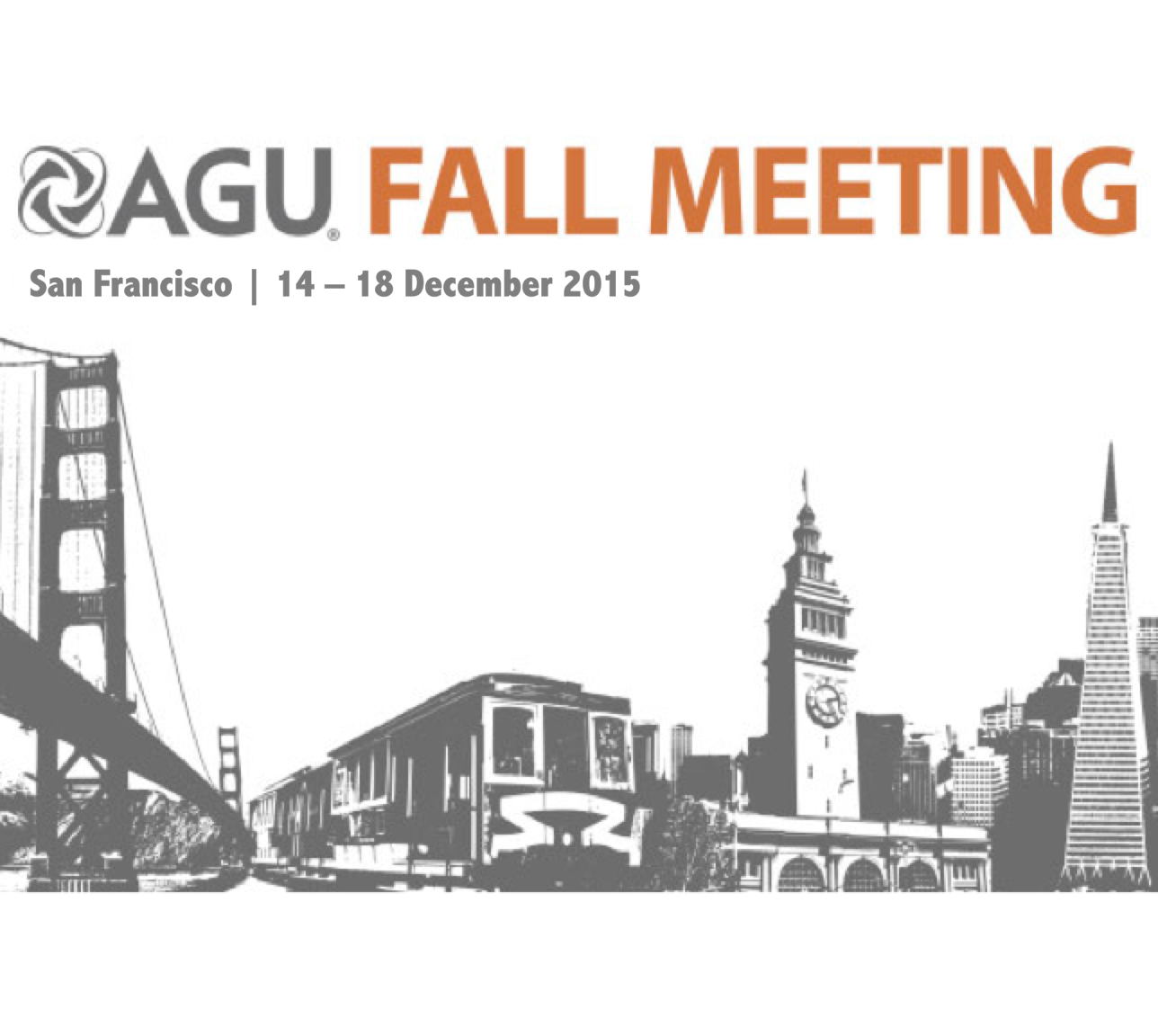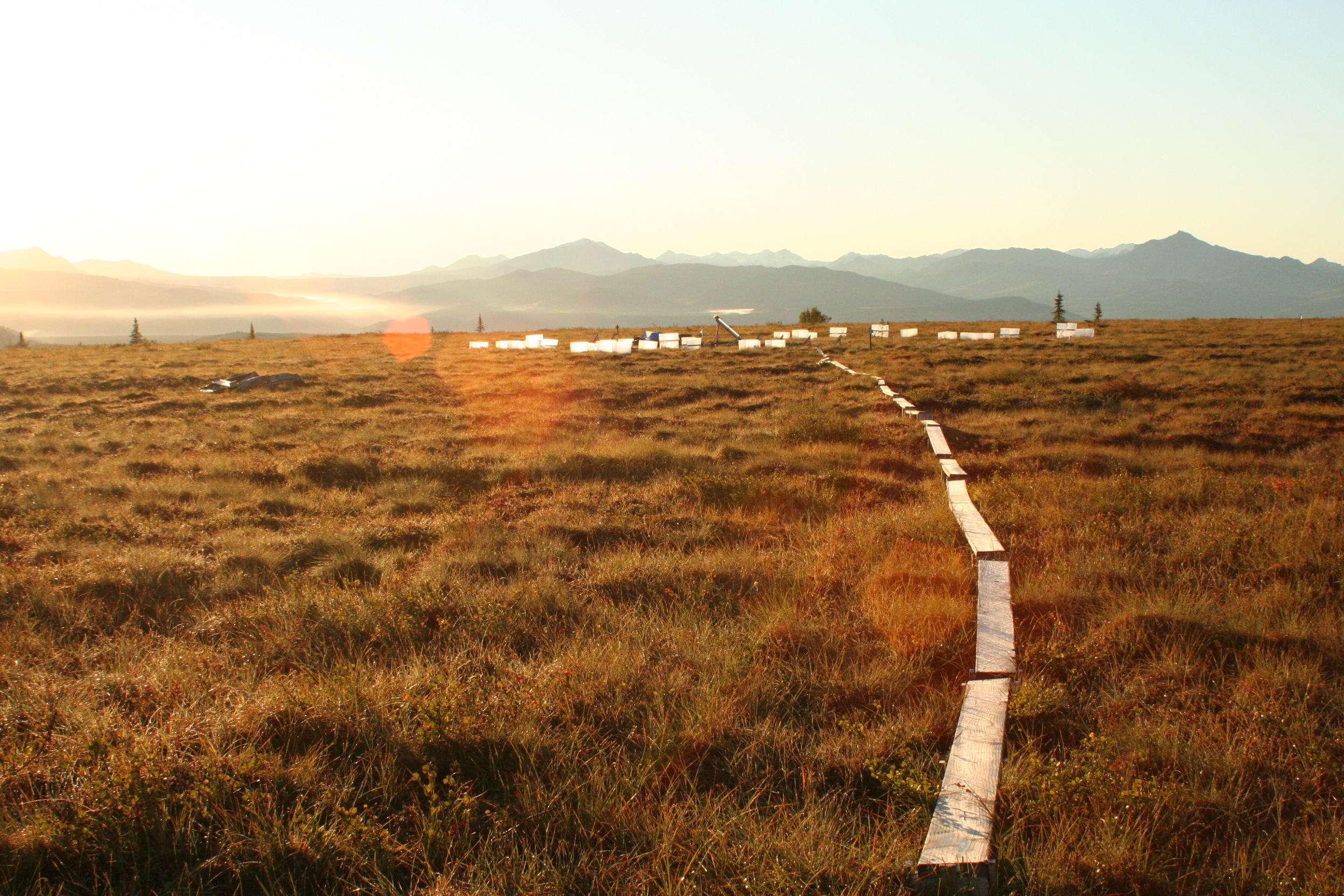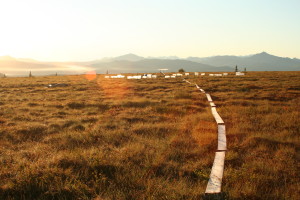Dynamics of extracellular DNA decomposition and bacterial community composition in soil
Microbial necromass is an important source of stabilized organic matter in soil, yet the decomposition dynamics of necromass constituents have not been adequately characterized. This includes DNA, a nutrient-rich molecule that when released into the environment as extracellular DNA (eDNA) can be readily used by soil microorganisms. However, the ecological […]
